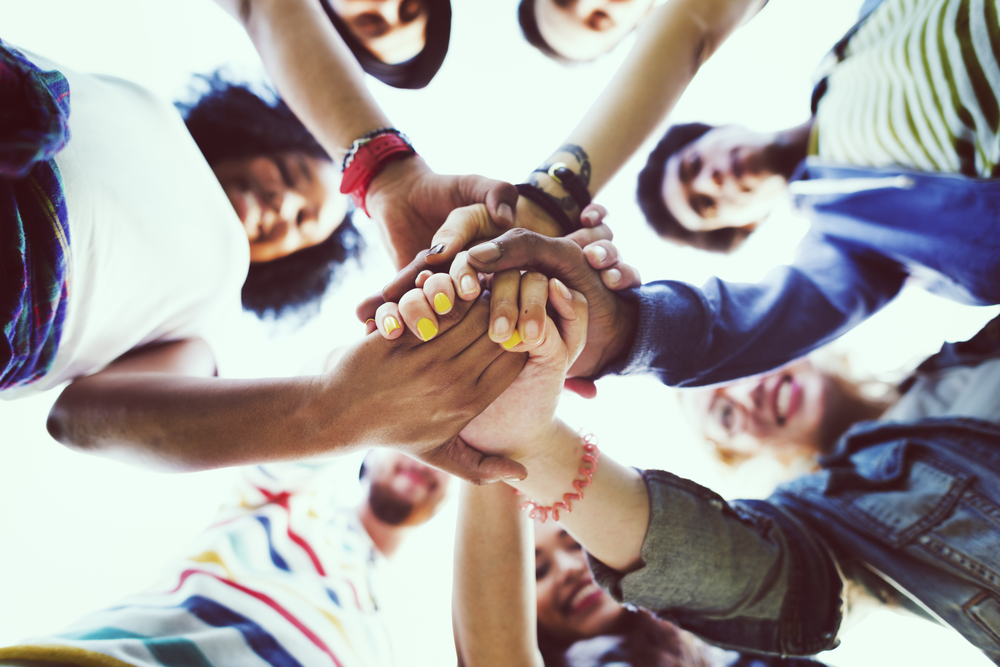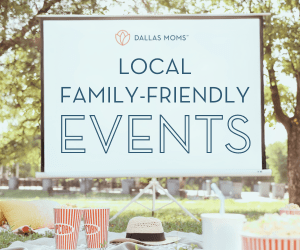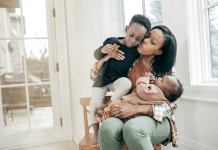“You automatically have 2 strikes against you, so get used to working at least twice as hard as everyone else to get where you want to go.” My dad repeated these words to me from when I was very young, anytime I showed signs of laziness or being ungrateful. He was referring to the fact that I am Asian, and female – things that I believed to be so ubiquitous they couldn’t possibly be deterrents in my path.
I grew up in a predominantly white community with all white friends. I took his words to be the advice of an outdated generation; I was surrounded by a well insulated bubble and naively thought these harsh realities he described to be exaggerated and completely irrelevant to my experience as an American-born Vietnamese girl.
On my fourteenth birthday, my parents granted my request to have an unsupervised day at Six Flags with a small group of friends. It was a fun day filled with laughter and roller coasters, and while waiting for my parents to come pick us up we started chatting with a group of boys around our age. My friends eagerly informed them it was my birthday, and they offered to sing to me. I received this happily, blushing as I pretended to hate the attention. When they got to “happy birthday to …” – my name was abruptly and loudly replaced by “the CHINK”.
It was just one voice amongst the group of six or so boys, but it was enough to bring the song to a halt. I fought back tears as one of my friends led me away. Some of the boys offered a feeble apology, but it was too late: my world was suddenly fragmented.
I realized my dad was right. I would always be different, so long as anyone could distinguish my physical appearance as such. That was my first introduction to what I’d experience many times over in my later life – sometimes subtle and sometimes blatant; sometimes an annoying sting and sometimes filling me with blind rage; sometimes a “harmless” comment and sometimes a dangerous situation needing escape. But the conclusion was always the same: stay alert, stay cautious – because they will never truly accept you.
Forty-one years ago when my parents immigrated to the US, polls showed that 49% of Americans were against accepting Vietnamese refugees. In 1979 President Carter announced he would double the number of refugees admitted into the US from Southeast Asia, in spite of opposition from the public. My Dad comes from a family of six children, and my Mom of ten. They are all now successful, taxpaying US citizens, but at one point they were not. They were no different than the Syrian families currently seeking refuge today from a crumbling country. Had President Carter in 1975 taken the stance that President Trump is taking, my family might still be living under a communist regime, lost at sea, or dead. I know I would not be here today.
The belief that supporting refugees is somehow anti-American is absolutely false. This country was founded by refugees, and as the Emma Lazarus quote emblazoned on Lady Liberty beautifully states, the “tired, poor, huddled masses yearning to breathe free” have become the thread and heartbeat of America. I don’t think my parents believed that twenty years after they left a war-torn Vietnam their fourteen-year-old daughter would be called the same racial slurs they were called as immigrants. And I don’t believe that my children will ever be safe from racial discrimination. But in spite of the adversity and discrimination they did face, their patriotism is unwavering, and is punctuated by a deep sense of gratitude. I hope that those who were lucky enough to be born here (me included) understand the desperation, sacrifice, and fear that most immigrants face in leaving their lives behind for the unknown. And how indebted they will always feel to this country for saving their lives. But the fact that they were not born here does not make them any less deserving of the rights we so often take for granted.

We are all fighting for the same thing: a love for this country and a desire for it to continue to be a symbol of freedom, hope, and inclusion. We just have to get out from behind our glowing screens and connect with one another again. To show empathy without having to always agree. The causes I believe to be important do not mean you can not believe in yours. What I choose to fight for does not take away your ability to fight for something. Focusing on a specific issue does not mean that all other issues are not important. We are all highly complex individuals with varied backgrounds and experiences, and very personal motivations – it is impossible to agree on all things, and pointless to try to convince someone who does not want to listen. But name calling, deflection, and accusations do not move any of us forward.
Politics aside, we have lost the ability to feel something for those who are different from us. We have become so obsessed with a partisan identity, policy, feeling validated in our choices, that anything that crosses our path even in the form of human suffering gets dumped into one of two buckets: with me or against me. When did we all lose the ability to speak to one another with an open mind? To listen without the intent of an argument? To view each other as human beings and not agendas? Please understand that what I choose to speak loudly about is a reflection of what I value, and what I’m scared of losing. It is not to put you down, to gain sympathy, or to blame. It is an attempt to share my experience, in hopes you will understand in some way, and with the full intent and desire to understand yours.
A friend of mine said it best: “please take a momentary break to appreciate all that you have right now, show some compassion and empathy to those who are only trying to have even a fraction of that, and remember that some of us don’t all start our life journeys at the same point in the race, but all want a fair chance at the finish line for ourselves and for our children.”
As much as my Dad’s advice eventually rang true, I don’t want my kids growing up with any expectations other than this land is their land. They can be anything they want to be when they grow up with hard work and determination. Nice people don’t finish last. Empathy, compassion and emotional intelligence are qualities of strong leaders and proud Americans. They will appreciate the struggle, know sacrifice, and they will love their neighbors, and I will do my best to do my part, in hopes that they will do theirs.













